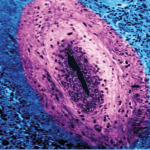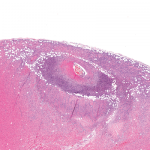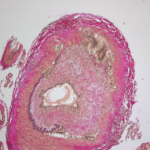AMSTERDAM—Just how seldom prednisone is successful at inducing remission in giant cell arteritis (GCA), despite such a long history of use for the disease, is one of the many lessons to emerge from the data in the GiACTA trial, said the principal investigator of the trial, which is the largest ever in GCA and is…







